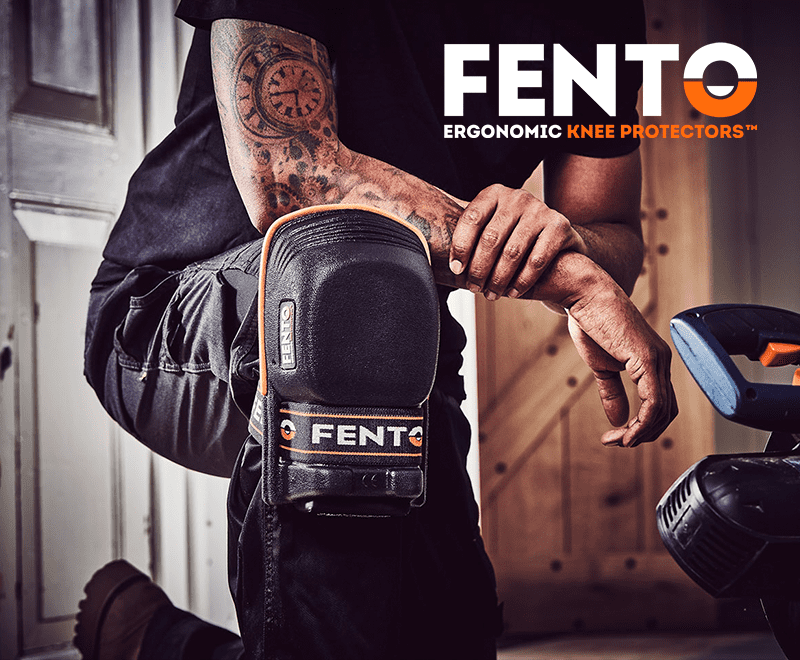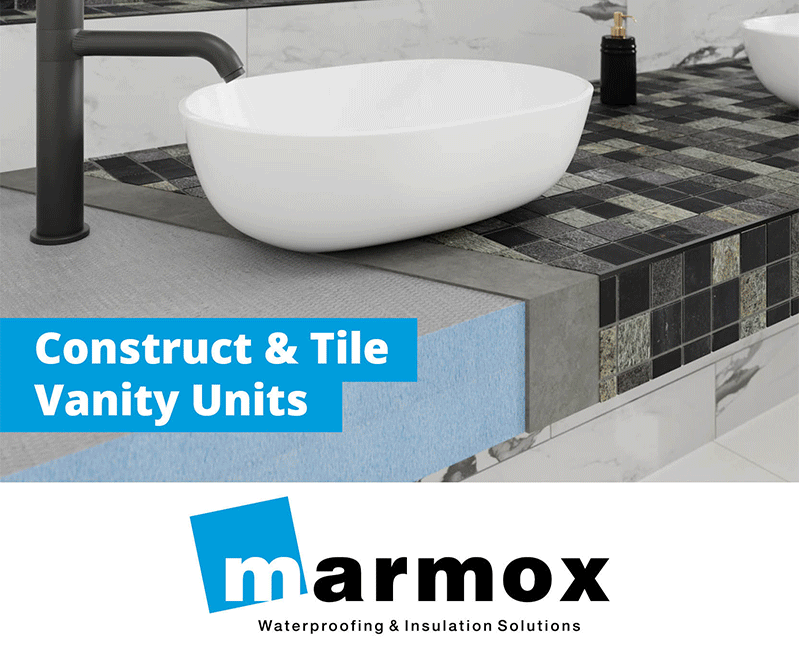Mark Atkins, technical director at LTP, gives some key tips for maintaining outdoor surfaces as we move towards the colder months of the year
As summer draws to an end, we tend to turn a blind eye to outdoor spaces. Even outdoor hospitality areas generally get little attention over the autumn and winter – and yet, they would benefit greatly from a little maintenance. It would also remove the need to carry out a time consuming – and often costly – deep clean in the spring.
A regular sweep and occasional clean will maintain both the aesthetic and performance features of a paver. Dirt and residue, decaying leaf matter and algae can quickly build-up, staining unsealed surfaces and causing a slip hazard. Keeping on top of maintenance can help eliminate these issues and ensure that outdoor areas are safe and usable year-round.
Why pressure washing makes matters worse
Pressure washing may seem like the quickest and easiest way to clean pavers but it will only wash dirt off the surface. It will do little to remove black spot and algae which, once established, sends its tendrils or ‘hyphae’ down into the paver, searching for nutrients. Pressure washing can also loosen grout, erode the surface of the paver and damage any protective sealant applied. It also uses large quantities of water, which can be both costly and detrimental in environmental terms. A specialist treatment, on the other hand, will react with ingrained residue and organic matter, drawing it out of the stone’s porosity. It will also help to prevent regrowth of algae and other organic material – and, being diluted in a bucket of water, will conserve water.
Specialist treatments, like LTP Grimex, draw out dirt and are especially effective at removing leaf stains. Application is fast and easy: the cleaner is diluted with water according to conditions – 1:10 for mild staining and 3:10 for severe staining – and applied with a brush, broom or mop. When tackling severe staining, pavers should be agitated with a scrubbing brush and the treatment left to act for 5-10 minutes, adding more solution to keep the surface wet. Residue should then be swept up and the surface rinsed with clean water.
Tackling a build-up of black spot & algae
If paving hasn’t been regularly maintained, there is likely to be a build-up of algae. Algae can be particularly prevalent in the autumn and winter.
Black spot algae can be particularly hard to remove once it has become established. The dust-like lichen microspore, carried by the wind and rain, leaves tell-tale black – or sometimes white – spots on the surface of pavers. Black spot colonises on stonework, taking about 2-3 years to get really established below the surface.
Certain leaves can also be a particular menace, especially Sycamores. Aphids that live on the surface of the leaves excrete a sugary substance that provides a food source for algae. The combined sugar and bacteria leaves a tell-tale black spot stain and sometimes whole leaf prints.
None of these growths are hazardous, but slippery hard surfaces can be. The open texture of a stone paver enables microspores to spread more easily if surfaces aren’t maintained – but even less porous materials like porcelain aren’t immune.
Any treatment used to remove a build-up of algae needs to have a bleaching action, to restore the colour of the paver. It also needs to target the hyphae below the surface.
We recommend treatment with LTP Black Spot & Algae Remover, which can be used on all types of natural stone, concrete, brick and porcelain.
Stopping water ingress
Once pavers are clean and dry, it’s an ideal time to replace any lost jointing sand or cement mortar. This will stop the ingress of water and will help protect paving during the freeze and thaw cycle of winter.
Adding in protection
If pavers haven’t been sealed, consider applying a protective treatment. We recommend LTP External Stone Sealer, LTP Colour Intensifier & Stainblock H2O for natural stone and our barrier treatment, LTP Porcelain Tile Protector, for matt porcelain pavers. These treatments are non-film forming and will help prevent the absorption of moisture and organic particles.
www.ltp-online.co.uk
01823 666213
info@ltp-online.co.uk








